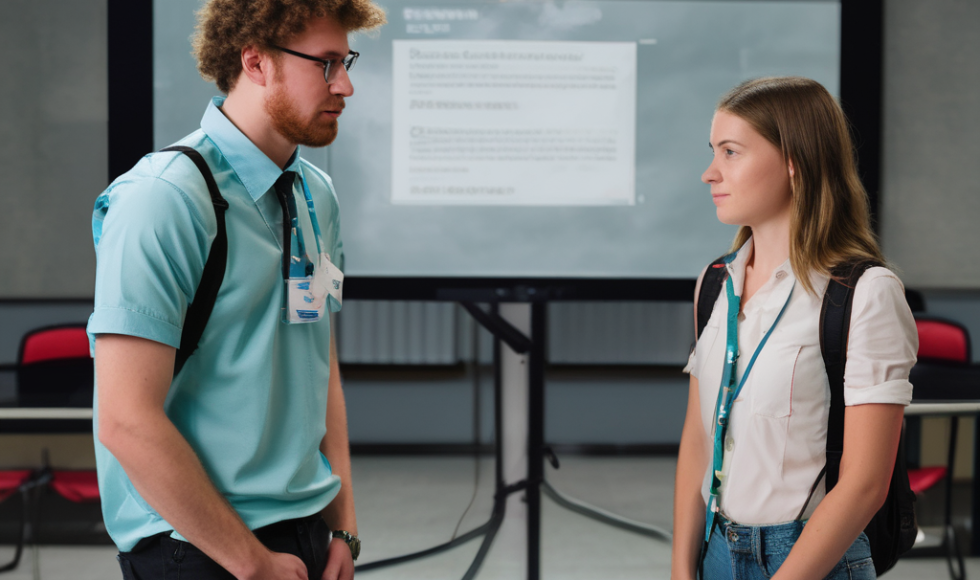Tonight, I watched Max Schmidt from Geisenheim University in Germany speak about grapevine genomics at London Calling 2024. The title of the session is “Using Oxford Nanopore Sequencing in Grapevine Breeding.” The genome has 19 chromosomes and a total of 450 Mbp. Schmidt and team have been exploring variations and markers in the genome that […]
Tonight, I watched the London Calling 2024 session by Kathleen Zeglinski from the Walter and Eliza Hall Institute of Medical Research in Australia. The session title was “Quality Control of Gene Therapy Vectors using Nanopore Direct RNA Sequencing.” Zeglinski explained that lentiviruses are a type of RNA viruses that can integrate into the genome. Lentiviruses […]
Sofia Kudasheva from Earlham Institute in the UK spoke at London Calling 2024 about “Long-read CaptureSeq identifies novel RNA isoforms of psychiatric risk genes.” They noted that alternative splicing is “a key regulator of neuronal differentiation,” occurring in 95% of human genes and involved in disorders. The team wanted to better understand the role of […]
Tonight, I watched the London Calling 2024 session by Julie Dragon from the University of Vermont. The title was “Shining Light on a Dark Mystery: melanoma in Bullhead Benthic Fish in Lake Memphremagog.” Dragon stated the problem: melanoma is found consistently in 30% of one species of fish in one lake! The brown bullhead is […]
Umran Yaman from the UK Dementia Research Institute at University College London in the UK presented at London Calling 2024 on “Long-read transcriptomics shows synaptic adaptation to amyloid pathology in Alzheimer’s.” Yaman is a Ph.D. candidate and described how the accumulation of amyloid drives microglial activation. They performed long-read sequencing of cDNA from mice. They […]
I’m back home! I watched the London Calling 2024 session “Mobile lab for rapid detection of pathogens in wastewater in sub-Saharan Africa” by Rea Kobialka from the Institute of Animal Hygiene and Veterinary Public Health in Germany. Kobialka demonstrated the setup of the mobile lab suitcase for wastewater analyses. The suitcase lab needs a mobile […]
Today I am traveling to Minnesota to meet with our PALM Vision and Change team. I have an evening flight and will watch another shorter London Calling 2024 session. Eddy de Boer from the University Medical Center Groningen in the Netherlands was the presenter. This one focused on using adaptive sampling for genome sequencing and […]
Ndack Ndiaye from the Pasteur Institute in Senegal gave a presentation at London Calling 2024 on the “Molecular epidemiology of Enterovirus A71 in Senegal between 2013-2021.” Ndiaye started by providing information about enteroviruses: these positive-sense single-stranded RNA viruses continue to re-emerge and have unpredictable pathogenic properties. These viruses are associated with flaccid paralysis. Ndiaye noted […]
I had heard about the work from the Iolani School during one of the Nanopore Education Beta group meetings. Tonight, I watched Ethan C. Hill, a bioinformatician with the Iolani School, and Jaymie M. Frith, a 12th-year student, present at London Calling 2024. Their session was titled “Genome science in high-school classrooms: inflammation, glutamate and […]
Katharina Wolff from TU Braunschweig, Germany, presented a five-minute session at London Calling 2024 titled “Empowering scientists with data literacy skills in long-read genomic sequencing.” Wolff spoke about the variety of plants around us and empowering students to learn about plant diversity. They wanted to address the increasing availability of data and lack of data […]











